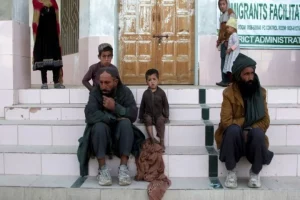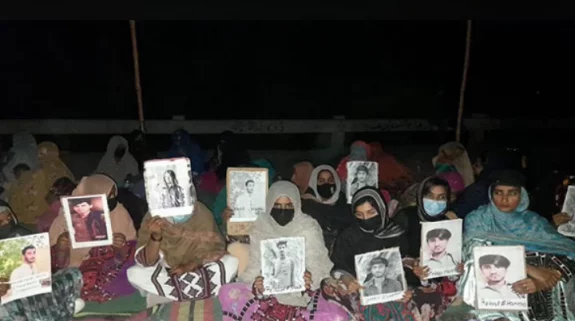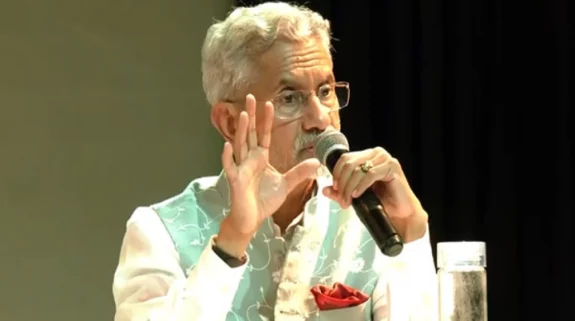Google, in a major step, has locked all accounts of the previous Afghan regime amid news that the Taliban are on the lookout for all the people who worked for the government and that they have been seeking to go through their mails.
“In consultation with experts, we are continuously assessing the situation in Afghanistan. We are taking temporary actions to secure relevant accounts, as information continues to come in,” a Google spokesperson said in a statement.
One employee, who had been part of the previous government, told Reuters that the Taliban want to access the mails of all former officials.
After capturing Kabul, the Taliban asked this employee to preserve the data that is held on the servers of the previous regime.
According to the news agency, approximately two dozen Afghan government departments used Google to handle official email correspondence — including the ministries of defence, finance and industry. Besides, the office of the President and his advisors also used Google.
Other agencies, including the ministry of foreign affairs and the national security advisor, Vice Presidents and others used Microsoft’s email software, the report said.
Taliban, since it assumed power, have been desperately searching for records pertaining to the ministry of defense and interior and the headquarters of Afghanistan National Defence service from the seized computers.
“It would give a real wealth of information,” Chad Anderson, a cyber security expert told Reuters, identifying email platforms used by the various ministries.
“Just even having an employee list on a Google Sheet is a big problem,” he said, citing reports of reprisals against government workers.
Hundreds of the government employees, former workers and contractors, who worked with embassies and foreign companies have been seeking help from foreign media.
As news trickled that the Taliban have been going door to door in search of the former employees, they requested the media not to disclose their identity or location for their safety.
While the hardline Islamist group, which seized power last month, has been trying to allay fears and reassure the Afghans that they would not embark on a path of revenge, there is widespread fear and apprehension.
"There are a high number of individuals that are currently being targeted by the Taliban and the threat is crystal clear," said one of the officials of the RHIPTO Norwegian Center for Global Analyses, which provides intelligence to the UN, “unless they give themselves in, the Taliban will arrest and prosecute, interrogate and punish family members on behalf of those individuals."
The Taliban are aggressively expanding their network of informers. They are pressurizing the mosques and hawala dealers — the informal money traders who form the backbone of the Afghan financial system, to help them track the members whose names are on the hitlist.
Last month, the Taliban seized the US military biometrics devices that could help them in identification of those Afghans who assisted the coalition forces.
Though the US officials said that the Taliban do not have the required expertise to process the data, they expressed concerns that Pakistan could assist them in this exercise.
“The Taliban don’t have the tools to use the data but the ISI do.”



















